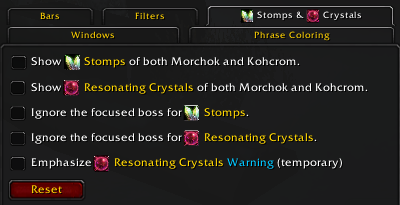

And then I wrote that I told her neither story, as it was not appropriate for me, as the therapist, to make such a decision, but to allow and encourage the client to make the decision herself – as detailed here: And you should note that I did not say these things, but was outlining them to describe two forms of extreme and opposing possible reaction.

And that would have been true, too, and she would have accepted it as such, and remembered it.'” I could tell her that she wanders into a bar like a courtesan in a coma, that she is a danger to herself and others, that she needs to wake up, and that if she goes to singles bars and drinks too much and is taken home and has rough violent sex (or even tender caring sex), then what the hell does she expect?” I could have told her, in less philosophical terms, that she was Nietzsche’s “pale criminal”-the person who at one moment dares to break the sacred law and at the next shrinks from paying the price. But I also thought, “I could tell Miss S that she is a walking disaster. She would have been a new person, with a new history, and a new destiny. And she would have accepted it as true, and remembered it for the rest of her life. I could tell her that she was an innocent victim.” I could have told her all that. I could tell her that she had indisputably been subject to violent and illicit acts, unless she had consented to each sexual move explicitly and verbally. I could insist that her sexual partners had a legal obligation to ensure that she was not too impaired by alcohol to give consent. I could say that her suspicions of rape were fully justified, and that her doubt about the events was nothing but additional evidence of her thorough and long-term victimization. “I thought, ‘I could simplify Miss S’s life.

Here are the relevant sections, where both sides are presented: In fact, I made both interpretive arguments in the book (raped and not raped). It was up to her and I was not going to impose any viewpoint on her, but help her explore and determine for herself. However, I clearly stated with regard to my client in 12 Rules for Life that the interpretation that she had been raped was also of potential validity but that it was not up to me to make that decision. But I’d certainly like to know more, and I’m surprised Peterson has not yet been asked about these and similar passages, in which he comes across as highly contemptuous of female clients.” I can’t possibly know, on the basis of what Peterson writes here. To be clear, I’m not saying that that is what happened. You claim that I wrote that she had not been subject to sexual assault, in the following manner: “I’d raise an alternative explanation: Maybe she was raped - five times, as she stated - and then was effectively undermined or even gaslit by her therapist. She told me, uncertainly, that “she thought she might have been raped - five times.” You might note first that she would not have told me this if I had not already gained her trust.

In my latest book (12 Rules for Life), as you indicate, I wrote about a client of mine who was deeply upset about a number of her sexual experiences. You were recently featured in a VOX article commenting about me and my work (most particularly, as a therapist). The letter is reprinted immediately below, and is followed by some additional commentary and analysis. As of today, I have received no response. Manne’s most negligent and egregious comments, and emailed it. Manne works at the Sage School of Philosophy at Cornell University, so she qualifies as an exemplar of the latter.Īfter reading the piece, I wrote a letter about what I regarded as Dr. I have decided, in general, not to respond to such pieces, unless (1) they are extremely high visibility (as in the case of the recent New York Times piece) or (2) they are written by a professor employed at a reputable educational institution (as in the present case). Kate Manne (the “feminist philosopher”) ( Dr Kate Manne’s Website) about me and my work. On June 6, journalist Sean Illing (email posted on Vox: ) interviewed Assistant Professor of Philosophy ( Cornell Philosophy Department) Dr.


 0 kommentar(er)
0 kommentar(er)
